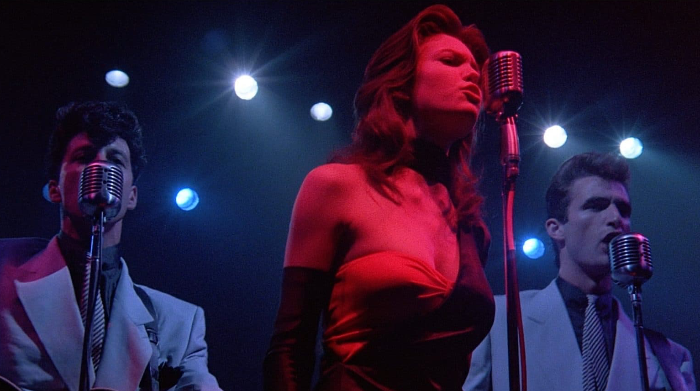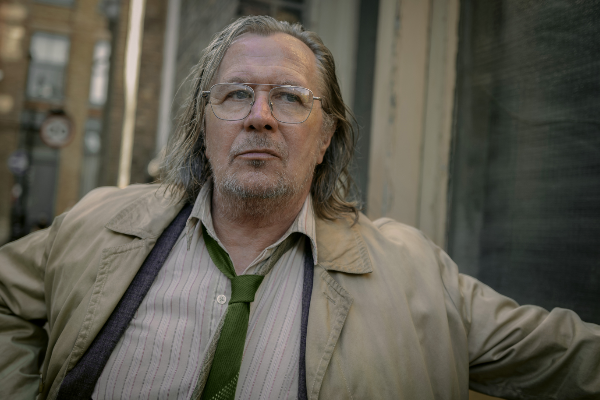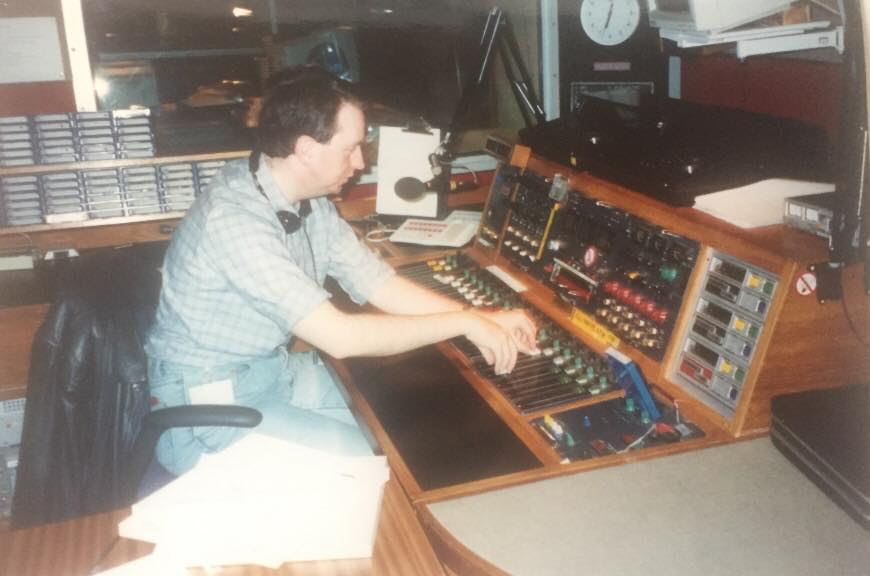Forty years ago in 1984, the film Streets of Fire played for three nights at the art cinema closest to my college, and I went every night.
The truth is that this was because the music is fantastic — Jim Steinman wrote some, Jimmy Iovine produced some, Stevie Nicks was involved, so was Tom Petty, Ry Cooder, the list goes on. And to this day I will listen to the soundtrack.
The real truth is that I was a bit bored.
And okay, okay, get off my back, the true truth is that I have no clue why I did this. I mean, there are plenty of films that I’ve seen many times and not just on streaming, I went back to the cinema to see Arrival two more times after my first, and I’d go again tonight if it were being screened anywhere.
But that was because I adore Arrival, and I am pretty sure that in 1984 I decided to see all three nights of Streets of Fire before I’d even seen any of it.
And I did learn something.
I learned how important an audience really is.
Up to that point, I’d seen myself and other audiences as passive receivers of shows. When a comic stops at the end of a session to say thank you, thank you, you were a wonderful audience, I used to think that was such bollocks. Now I think it’s probably bollocks most of the time, but there are nights when it’s true and the when audience makes an enormous difference.
Such as with Streets of Fire at the Derby cinema, I want to call that cinema the Metro but it’s a long time ago, I’m not sure. Something like that. I remember seeing This is Spinal Tap there, if that helps, and there was a day-long screening once of all six episodes of Edge of Darkness, with writer Troy Kennedy Martin attending, and with me choosing to go instead of revising for exams. Thinking about it all these years later, I still feel the guilt I did when there was a computer in the show that was exactly the type I was supposed to be working on, but then all these years later I think I learned more from Edge of Darkness than I ever did from my studies.
Anyway.
It is so long ago now that I can’t remember all three nights of Streets of Fire, but I have pretty clear recall of what must have been the first and the last. For the first one, I enjoyed the film and had a huge crush on Deborah Van Valkenburgh who at the time was at the impossibly old age of 32.
Anyway.
The second night is a mystery but the third is clear because it was strikingly different. Obviously the film was the same, but the audience was not. Possibly this was a Friday, possibly the audience was a little drunker, but what they definitely were was derisory. They hooted at the film, they mocked bits I hadn’t even particular registered, and although they had a good time, it was very certainly at the expense of the movie. They were laughing at it, never with it.
Flash forward four decades.
I just watched it again.
The dialogue is poor. The structure is very clear and overtly obvious, yet also odd in how long it takes key things to happen. There’s a sudden scene change where we’re supposed to jump in fright and instead you just think you’ve leant on the skip button for a sec.
But the music is still great. Every frame is a work of art, an utterly gorgeous piece of cinematography. Mind you, I say that as someone who likes industrial art, grungy disused factories lit with neon lights reflected in oil slick puddles. Mind you, maybe I got into that here. Mind you, maybe I’m regretting telling you this.
There are fans who adore this film, there are critics who loathe it. I am now taken by how it tried to be set in some alternative version of the 1950s and now looks firmly 1980s.
But if I can’t recommend it, if I found my mind wandering this time until the next bit of music starts, there is just one terrible thing. One truly terrible and unforgivable thing.
It’s that Deborah Van Valkenburgh is now too young for me.


